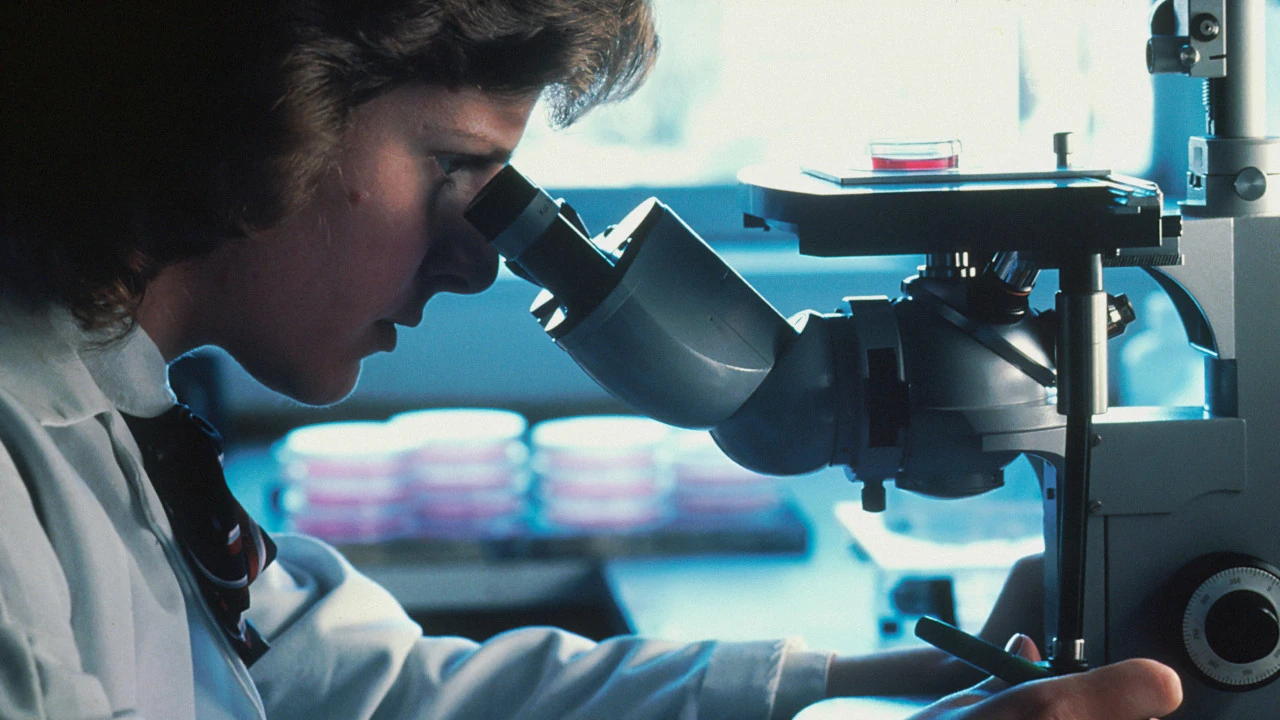
Photo by National Cancer Institute on Unsplash
What is a Clinical Trial?
You may have heard the term "Clinical Trial" before, but weren't exactly sure what it meant. In this article, we'll explain what clinical trials are, and why you might wish to participate in one of them yourself.
Advancing Medical Science
The U.S. Food and Drug Administration (FDA) defines a clinical trial as follows:
A clinical study involves research using human volunteers (also called participants) that is intended to add to medical knowledge. (source)
Once a new drug or treatment has been tested in a controlled lab environment for safety (usually on mice or other non-human test subjects), it can advance to the clinical trial phase. This is where the most important testing happens, because even though there's a high confidence that it's non-lethal to humans, there are still many questions to answer:
- Does it actually work? (i.e. can it treat an illness?)
- How much of it do you need?
- Does it cause any side-effects?
Like any scientific endeavour, a clinical trial is intended to test a hypothesis while eliminating any factors which can lead to flawed conclusions. For this reason, most clinical trials conducted in the U.S. are double-blind and placebo-controlled.
Placebo-Controlled, Double-Blind Studies
You may have heard the term "placebo effect" before. This is a phenomenon where a patient with an illness who is given a fake or inert treatment (e.g. a piece of candy shaped like a pill) may actually see improvement in their medical condition. Even though the treatment they received wasn't real, it led changes in their body that improved, or in some cases outright cured their disease!
Unfortunately, scientists haven't figured out why exactly this works or how to replicate it, so we can't simply cure all diseases with lies and candy. However, it is a useful tool when conducting a clinical trial to test the efficacy of a new drug. By giving the real drug to some participants and the fake one to others, researchers can compare the results and see exactly which effects are a result of the drug, and which ones are just random placebo responses. Even if some patients in the placebo group do get miraculously cured of their illness, that's great for them, but it's not very useful to the researchers because there is no way to replicate that to treat other patients. By contrast, if the drug/treatment leads to a cure, replication is easy: just manufacture some more!
In a double-blind study, neither the participants nor the study coordinators which administer the treatments (that's us!) know which ones are real, and which ones are placebos. The only ones that know this are the investigators of the study, who are responsible for assigning participants to either the treatment group, or the control group (a.k.a. the placebo group). Drug shipments arrive with labels that tell us which patient should receive the treatment, and it's our job to administer it, collect data for the study, send reports to the investigators, etc.
The benefit of a double-blind study is that it increases confidence in the study results. For example, if a participant that is receiving the real treatment knows it, they might experience the placebo effect and see an improvement in their illness even if the treatment doesn't work! In the data, it would look like the treatment actually worked, when in reality it was just the placebo effect skewing the results.
Why anyone want to participate in a clinical trial?
If you've read this far, you may know a lot about how clinical trials work, but could still be left wondering why anyone would want to participate in one. After all, there's a chance that you'll receive a placebo rather than a real treatment. To understand this, let's break it down into a list of pros and cons:
Pros
- You will help contribute to the advancement of medical science
- You may get access to new medical treatments that work better than existing treatments
- You will receive compensation for your time and expenses
Cons
- There is no guarantee that your illness will be treated
- You may experience adverse side-effects from the experimental treatment
- You will usually need to stop taking existing treatments while you participate in the study
To expand on that last point, one thing to keep in mind about interventional clinical trials is that you are not allowed to participate in more than one at the same time, and you will usually be required to stop taking any other treatments for your illness while you participate. These restrictions are in place for your safety, since taking experimental treatments is inherently risky, and thus taking multiple at the same time compounds that risk. It also interferes with the results of the study, so it helps nobody and puts your health at risk for no reason.
However, when you do participate in a study, there is a chance that you will receive a treatment for your illness that works better than anything you've tried before. Your participation will contribute medical knowledge, and potentially lead to new treatments in the future that can help other people. Additionally, you will receive financial compensation for your participation, all treatments will be administered free of charge, and transportation costs may be partially or fully covered.




